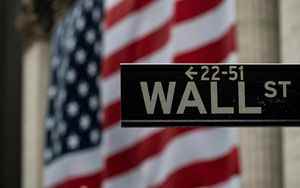(Finance) – Slow motion departure for global markets, with Wall Street which is still closed today, in company with the lists of Great Britain, Ireland, Singapore, Japan, Hong Kong and Australia. The open exchanges show increases in the first session of the year, but analysts and investors call for cautionespecially for the specter of recession in the US and other major economiesbut also due to the uncertainty coming from China, whose overcoming of the Zero-Covid policy will have to be carefully observed for the potential effects on the economy and markets.
According to two-thirds of economists from 23 financial institutions that work directly with the Fed, the US will be in recession in 2023The Wall Street Journal reported. Among primary dealers – from Barclays and UBS to Bank of America – the belief in a recession is based on the fact that Americans are spending the savings accumulated during the pandemicthe housing market is down and banks are tightening their credit standards.
Some negative comments also came from the number one of the IMF, Kristalina Georgieva: “We expect that one third of the world economy will be in recession – she told CBS – And yes, even countries that are not in recession, would look like a recession to hundreds of millions of people. ” Georgieva said, however, that the US economy has been “remarkably resilient” and that measures such as the Inflation Reduction Act and child tax credit measures were “good for the United States. Good for the world.”
In the absence of quarterly reports, which will start later in January, traders’ attention this week will be on the minutes of the last meeting of the FED, which will potentially provide investors with more information on its next monetary policy moves. Also out November job opening report (Wednesday), weekly unemployment update (Thursday), monthly employment report (Friday).
However, the situation from which the US indices will restart tomorrow is not rosy. L’S&P 500 is down 19.4% in 2022 (-18.1% including dividends). It’s the third annual decline since the 2008 financial crisis, when the S&P 500 plunged 38.49%, and a painful turnaround for investors after the S&P 500 rallied nearly 27% in 2021. According to calculations of S&P Dow Jones, the index has lost $8.2 trillion in value.
